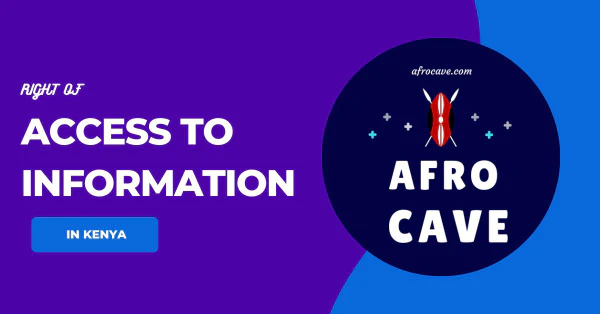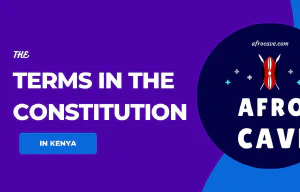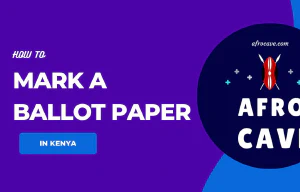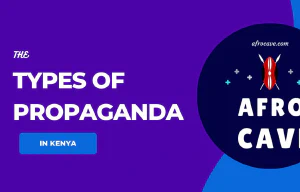The Right of Access to information in Kenya
- Author Gĩthĩnji
- Updated on:

Article 35 of the Constitution provides for the right of access to information in Kenya. Every citizen has the right to information held by the State and information held by another person and required for the exercise or protection of any right or fundamental freedom.
Moreover, every person has the right to the correction or deletion of untrue or misleading information that affects the person. The State shall publish and publicise any important information affecting the nation.
The Access to Information Act strengthens this (Constitutional) law on the right of access to information in Kenya. Subject to the Access to Information Act, every citizen’s right to access information is not affected by any reason the person gives for seeking access or the public entity’s belief as to what are the person’s reasons for seeking access.
Access to information held by a public entity or a private body shall be provided expeditiously at a reasonable cost.
Table of ContentsShow/Hide
Right of access to information in Kenya
Section 5 of the Access to Information Act states the disclosure of information by public entities to enhance the right of access to information in Kenya. Subject to Section 6 of the Access to Information Act on the limitation on the right of access to information, a public entity shall–
- facilitate access to information held by such entity and which information may include–
- the particulars of its organization, functions and duties;
- the powers and duties of its officers and employees;
- the procedure followed in the decision-making process, including channels of supervision and accountability;
- salary scales of its officers by grade;
- the norms set by the entity for the discharge of its functions;
- guidelines used by the entity in its dealings with the public or with corporate bodies, including the rules, regulations, instructions, manuals and records, held by the entity or under its control or used by its employees for discharging its functions; and
- a guide sufficient to enable any person wishing to apply for information under the Access to Information Act to identify the classes of information held by the entity, the subjects to which they relate, and the location of any indexes to be inspected by any person;
- during the year commencing on first January next following the first publication of information above, and during each succeeding year, the entity shall publish statements updating the information contained in the previous statement or statements published above;
- before beginning any project or formulating any policy, scheme, programme, or law, the entity shall publish or communicate to the public in general or to the persons likely to be affected thereby in particular, the facts available to the entity or to which the entity has reasonable access and which it believes should be known to them in the best interests of natural justice and promotion of democratic principles; additionally, publish all pertinent facts when formulating important policies or announcing decisions that affect the public;
- provide to any person the reasons for any decision taken by the entity concerning that person;
- upon signing any contract, the entity shall publish on its website or through other suitable media the following particulars in respect of the contract entered into–
- the public works, goods acquired or rented, and the contracted service, including any sketches, scopes of service and terms of reference;
- the contract sum;
- the name of the service provider, contractor or individual to whom the contract has been granted; and
- the periods within which the contract shall be completed.
Information must be disseminated while keeping in mind the requirement to reach people with disabilities, the cost, the local language, and the most effective mode of communication in that location. The information must be easily accessible and free or low-cost, depending on the media employed.
At a minimum, the material and information mentioned above shall be made available–
- for inspection by any person without charge;
- by supplying a copy to any person on request for which a reasonable charge to cover the costs of copying and supplying them may be made; and
- on the internet, provided that the materials are held by the authority in electronic form.
For more information about the right to information in Kenya, see the Access to Information Act.
- «Previous The Structure of the Judiciary in Kenya
- Next» Application for Access to Information in Kenya


